Latest Posts
SSD drive manufacturers expect a sharp increase on demands
The advantages of SSD include fast reading and writing speed, light weight, low energy consumption, and small size. Therefore, it is widely used in computers, communication equipment, consumer electronics, military, industrial control, video surveillance, aviation and other fields. In recent years, the utilization rate of SSD has risen each year. Moreover, its shipments have maintained a compound annual growth rate of 50%. Its future prospects are worth expecting. Emerging industries such as big data, artificial intelligence, machine learning, blockchain, smart cars, and IoT have all increased the demand for SSDs. In fact, it is a good news for SSD drive manufacturers.
The popularity of the SSD
The popularity of the SSD market has promoted the establishments of many new memory manufacturers. Due to the high cost of building factories, many SSD drive manufacturers separate their R&D and production process. In addition, they assign the designed solutions to professional factories to control their cost. In this way, the SSDs are more competitive when they enter the market. Manufacturers only need to buy NAND particles, and add them with main control chip. Also, they write down the main controller code, purchase the kit and PCB for production, and then a SSD is born.
As a standard product, the quality management of a factory is the key element to ensure SSD product quality. As a one-stop service innovative enterprise focusing on storage product placement, testing, assembly and processing. Multicore’s standard quality management system is its foundation for it to survive in the storage market.
Recently, the professional storage media, SanDisk Information, visited Multicore and experienced the wisdom in the SSD production process. So does the concept of its strict quality control.
How did SSD drive manufacturers achieve the production capacity of 30K per day?
SSD manufacturing includes SMT patch, RDT test, BIT test and final product packaging. As an electronic product, SSD has high environmental requirements in its manufacturing process. Multicore factory has multiple SMT automatic production lines, more than 100 employees. Meanwhile, it covers an area of up to 10,000 square meters and achieves a daily production capacity of 30K.
With the guidance of the staff, the team entered the SMT workshop. According to reports, the factory will strictly follow the product quality control rules from the preparation process to material inspection process and then to the arrangement of production. The SMT placement department has several fully automatic high-speed SMT production lines. Such as Xinyi XY—600 automatic loading machine, fully automatic printing machine Keg G5, YAMAHA placement machine and Jintuo dual-track reflow soldering machine, etc. The loading speed is up to 2.4 S/PCB, the placement speed of the placement machine is 95,000CPH, and the placement process only takes 15 minutes.
We can only tell the quality of the product after testing. In the AOI inspection phase of the product, Multicore uses Zhenhuaxing VCTA-A410 AOI automatic optical machine to automatically identify the placement of components, particles, etc.,. It is the attention to detail that guarantees the quality of the product. Details determine success or failure, and the product quality of the factory is inseparable from the quality management of each link. From barcode sticking, board splitting to K1 card opening and testing, the entire SMT process needs to take inspection by professional equipment and personnel, which is also the result of the quality control concept.
RDT/BIT test from SSD drive manufacturers is indispensable
As the saying goes: “True gold is not afraid of fire.” It is time to do some real stuff on the SSD production line. After SSDs passed the STM production line round test, it still need to be tested when it enters the RDT test line. In a high or low temperature environment, a bad SSD will not be able to suffer. The equipment used by Multicore to perform RDT test production line is specially customized, with high efficiency and accurate measurement. The testing department has nearly forty high and low temperature equipment, and the total number of interfaces reaches 21K.
For products that passed the RDT line test, they still need to go through the BIT line test. More tests can ensure the product quality. After perform aging, power-on and power-off, reading and writing speed tests, hibernation, restart, vibration tests, and full disk testing on the SSD products, they can then be judged as good or bad product. For the performance of SSD product, its reading and writing speed is very critical. In the reading and writing speed test, general factories only do screen tests for hundreds of times, while Multicore requires thousands of times of screen test to ensure the accuracy of the information.
The product defect rate
After testing by the full capacity BIT line, there are three times checking on SSDs by the factory. The staff from Multicore said that only ten thousand of power-off tests and extreme high and low temperature tests can ensure the quality of the products. Furthermore, the factory has nearly a hundred of BIT test cabinets and thousands of computer equipment. It can test 4,000 products at the same time, and the daily output can reach 27K. Product quality and information consistency and accuracy can by ensured through repeated verification in multiple links. Currently, the product defect rate can be controlled at about three out of ten thousand.
Only high efficiency can make fast delivery happen
As is always said, “Cloths make the man”. This can also be applied on products. The assemble process of SSD products includes full-scale testing, inspection procedures, labeling, finished product packaging, OQC inspection, warehouse storage and delivery. Multicore uses advanced assemble equipment, to make the assemble line highly automatic and fast packaging. The finished product packaging department has several semi-automatic product lines with a daily production capacity of up to 15K. The semi-automatic machine production can replace traditional manual screwing to greatly improve production efficiency. The combination of machine and manual quality inspection mode reduces the probability of operation errors and ensures product consistency. “At the fastest speed, it only takes the factory 7days from receiving customer’s order to the packaging and shipment.” Multicore said to the editor of SanDisk Information.
People in the SSD industry all hate products with substandard quality. The quality management of the factory is especially critical. In the SSD industry, many customers encounter such difficulties. Normally, SMT plants, testing plants, and packaging plants operate independently, and is difficult to control quality consistency. Errors in details may lead to poor product quality. Multicore provides a one-stop service for SMT placement, testing and finished product packaging. The quality control of SSD product and product consistency requirements run through the entire production process, which creates outstanding production capacity and product yield.
Storage, as a warehouse for storing massive amounts of data, is the key to national information security. In recent years, many storage companies have developed together, and the industry has formed a prosperous scene. Multicore was born for foundry to help industry standardize and improve product quality. Since its establishment, Multicore has adhered to first-class equipment, technology and management to ensure production efficiency and product quality, and create value for customers.







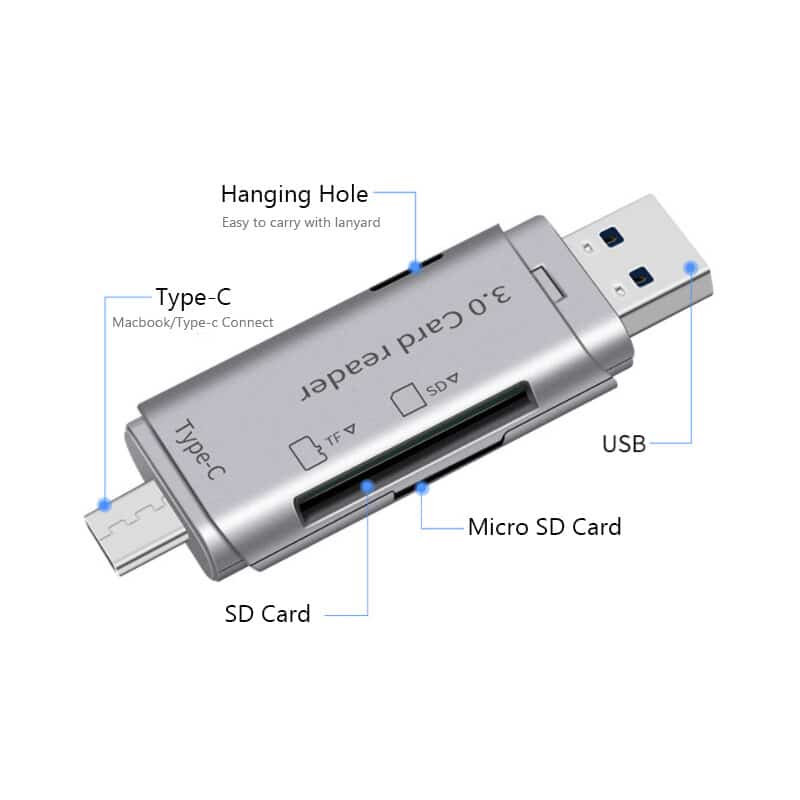


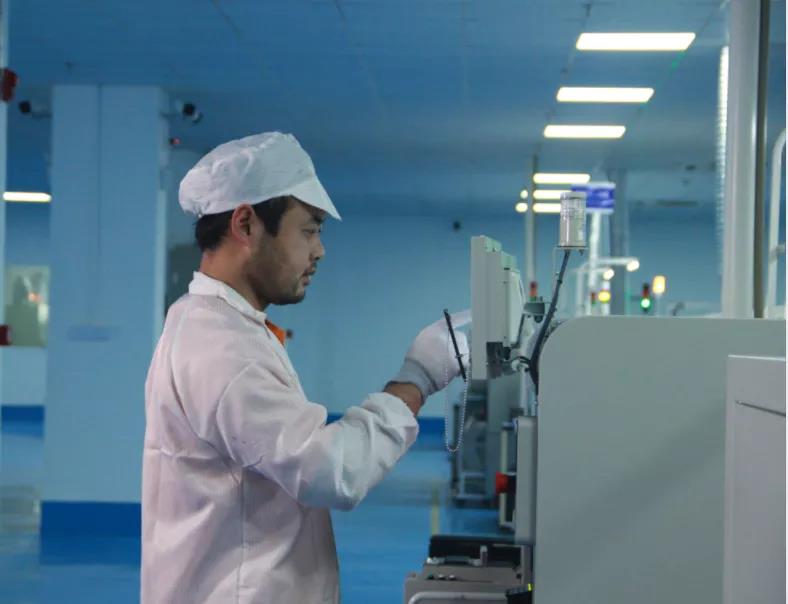
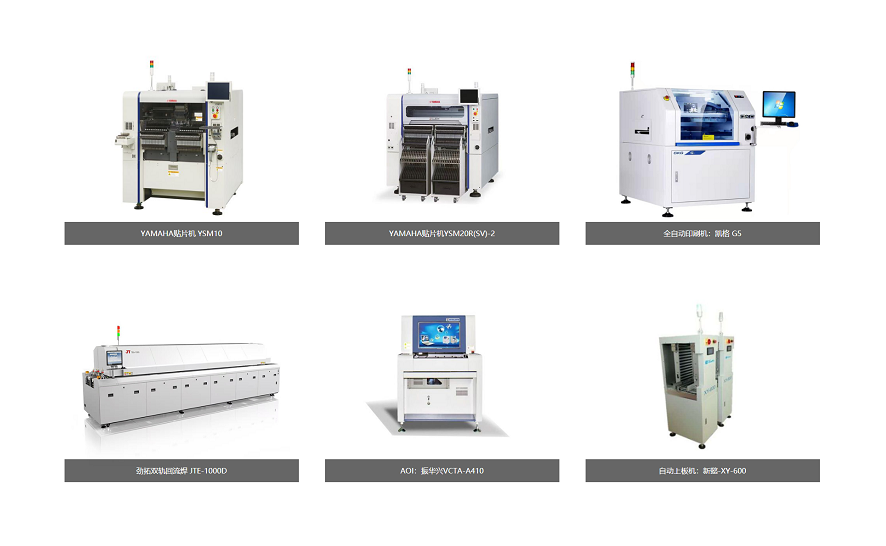
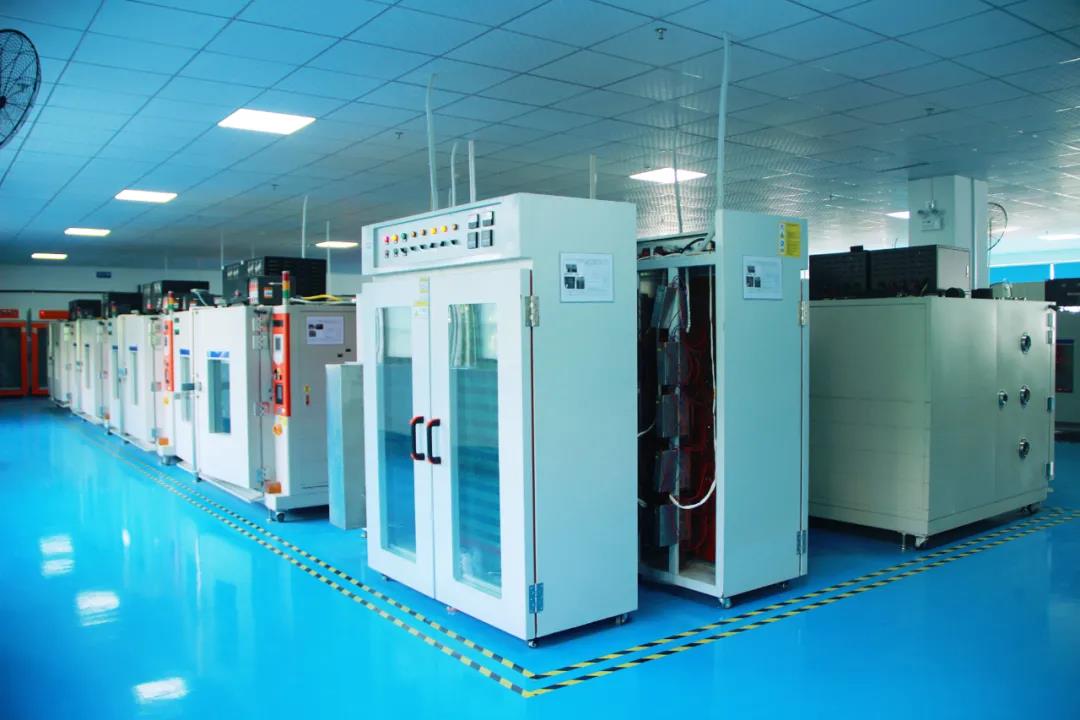
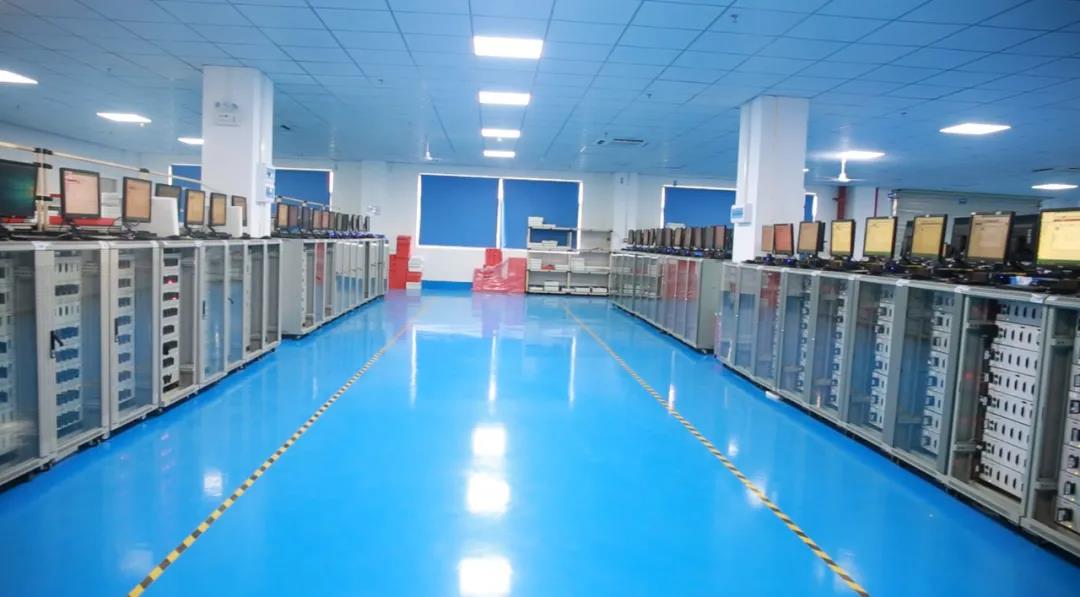
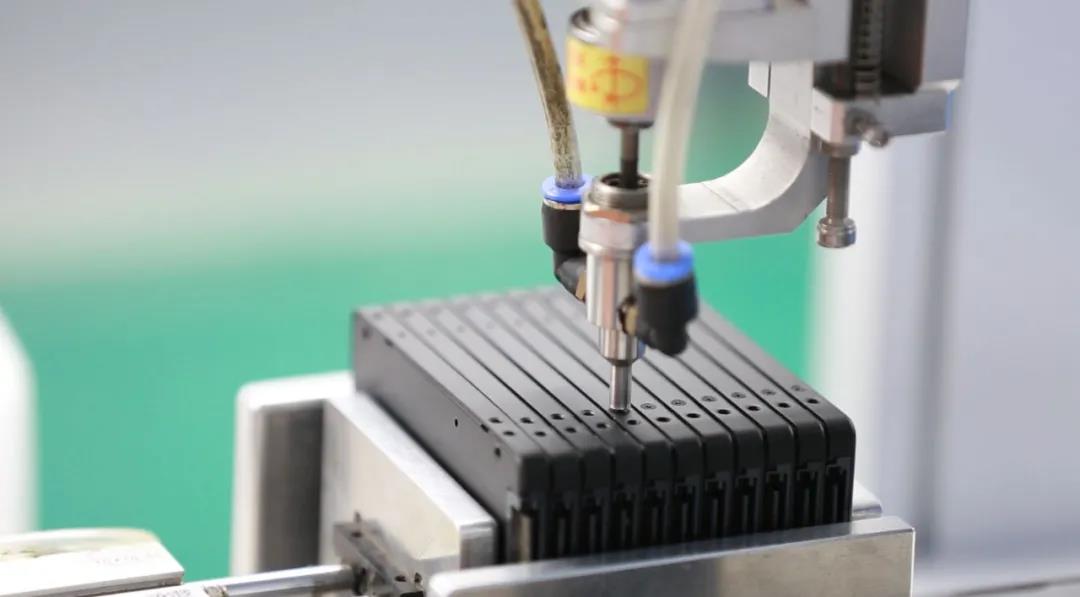

Leave a comment